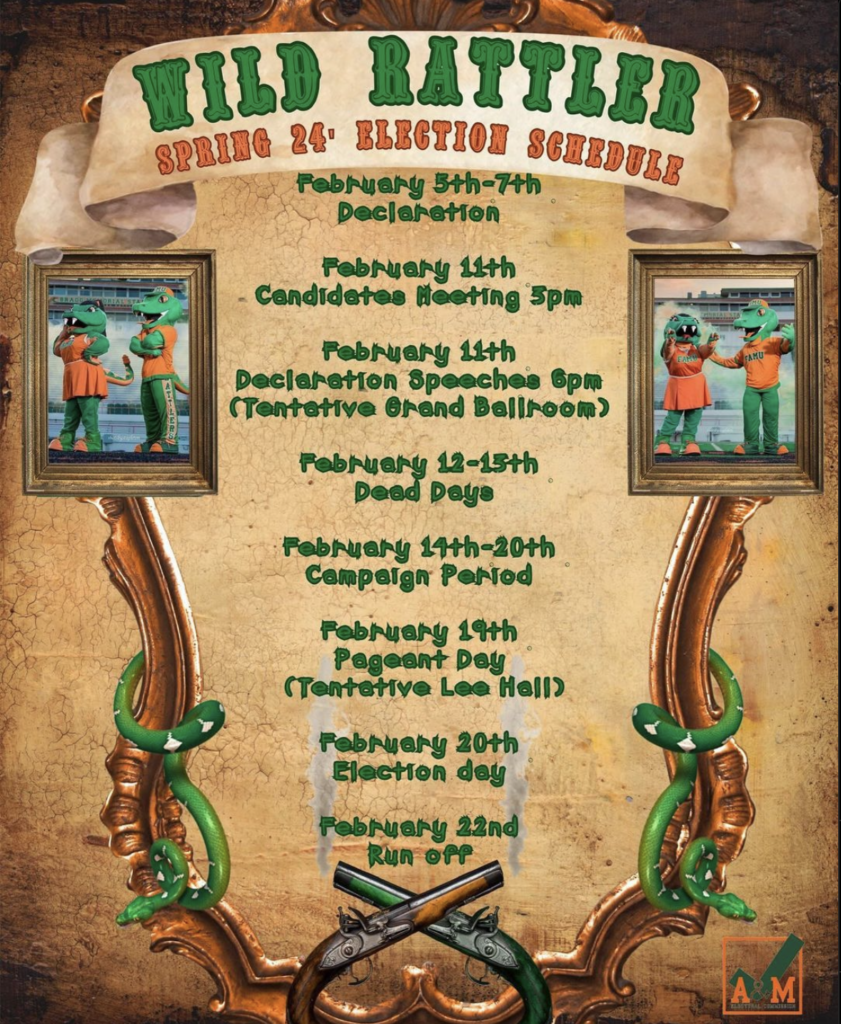
Around this time every year, students on Florida A&M’s campus gear up for spring election season. After winter break ends the weather heats up and so does the competition. Social media is the first indicator of who this year’s candidates may be. Instagram is full of new posts and new pages, leaving students to speculate who may be running for what.
In the spring there is a wide range of positions that may be filled. Starting next week, the campus will have its eyes on future FAMU royalty and servant leaders. Each class will have to choose an attendant and cabinet officers, and juniors will have the opportunity to choose eight senators. The whole school then must come together and choose the next Mrs. and Mr. FAMU as well as a student government president and vice president.
Although candidates were not able to formally campaign until February 14th, students expressed that some candidates have unofficially started by changing their social media presence.
Students are divided on how social media affects campaign season. Dailyn Rollins is a junior and no stranger to FAMU elections and finds social platforms to be helpful during this highly anticipated season.
“Social media is helpful because it spreads the word when candidates can’t talk to everyone in real life,” Rollins said. “I love skits and [Instagram] reels where people don’t try to overload me with information,” she added.
There will be a unique energy in the air next week as the campus comes alive. Students will get to enjoy fun events, free snacks, and creative social media graphics. In years past these graphics have included themes as serious as Malcolm X and as silly as Disney princesses. Every prospect will be attempting to grab and hold the focus of the voters, leaving them wondering what will be next.
It can be stated that some candidates get too caught up in social media and forget that graphics and themes are not all that voters are looking forward to.
Sanaa King is a first-year student who sees no problem with using social media to campaign. but also believes that there is a downside.
“I want to see more authenticity,” King said, “showing your real self on social media is the best way to get votes.”
With the addition of social media to campaigning, the biggest critique is the contrast between genuine and fakeness. It can be disappointing when candidates appear one way on social media and are different when you get the opportunity to meet them in person.
“Every day can’t be smiles and business attire,” King added. “As as soon as all that’s off what’s left?”
King poses a question that a lot of students will have for candidates this campaign season. Everyone is expecting extravagant themes, graphics, and outfits, but what do candidates have to offer? Will this next group of servant leaders bring the initiatives and insight that FAMU needs both on and off social media? The next few weeks will be the determining factor.